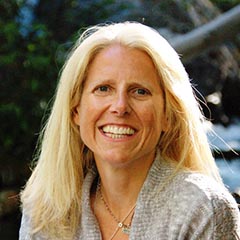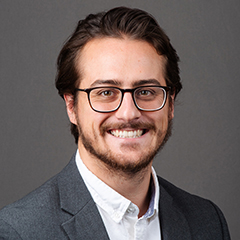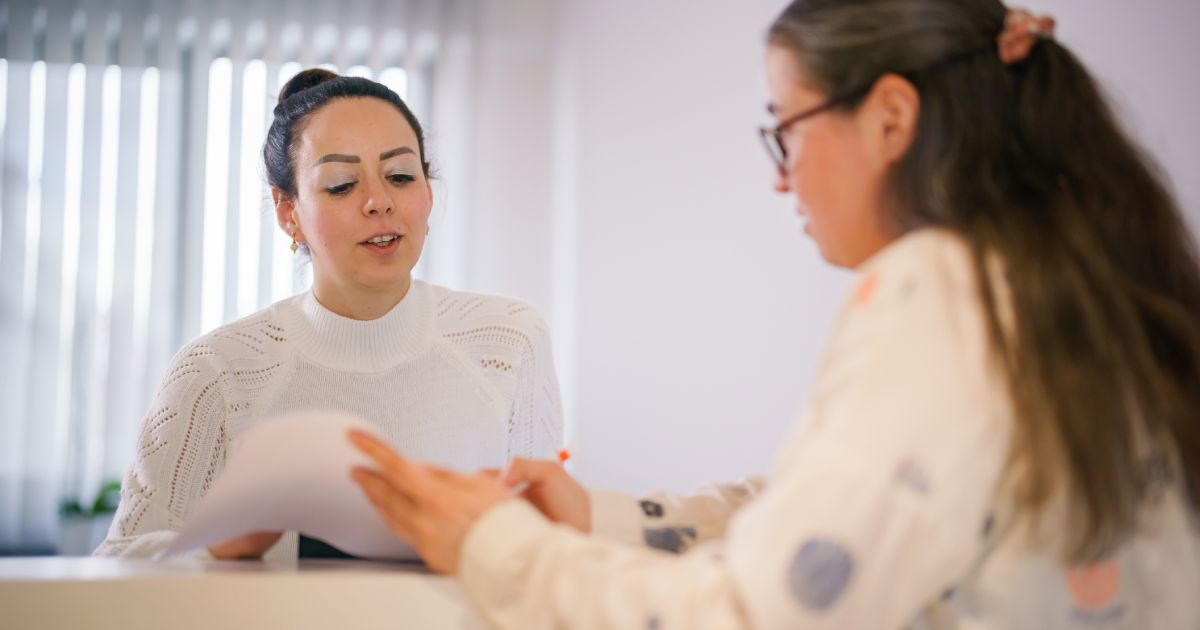Project Overview
To provide evaluation-related support and capacity building to 20 Family Self-Sufficiency Demonstration Development (FSSDD) grant recipients.
ACF is committed to building evidence through strong evaluations and identifying approaches that more efficiently and effectively serve families and children with low incomes. The goal of this work is to build the research and evaluation capacity of human services organizations through the provision of technical assistance.
- The Adjacent Possible
- Dr. Tanisha Tate Woodson
U.S. Department of Health and Human Services, Administration for Children and Families, Office of Planning, Research, and Evaluation

The FSSDD grant recipients are working with Mathematica and its partner The Adjacent Possible™, or TAP, to build their capacity to conduct research and evaluation, use data to improve program outcomes, demonstrate the value of their programs to stakeholders, and ultimately, contribute to the evidence base on interventions serving families with children with low income. Through individualized one-on-one coaching, the SEEDS team is helping grant recipients develop logic models, define the core components of their programs, identify implementation strategies, create measurement and monitoring tools, test new approaches using road tests, carry out rapid cycle experiments, design rigorous evaluations, and/or disseminate findings to key audiences. Throughout the project, the SEEDS team is coordinating FSSDD cross-grantee meetings, learning communities, and other cross-site support to foster learning and collaboration among grant recipients.
Related Staff
Efficiency Meets Impact.
That's Progress Together.
Mathematica delivers evidence-based solutions to optimize programs and policies for effectiveness, efficiency, and impact. Learn more about becoming a client or partner.
Work With Us


